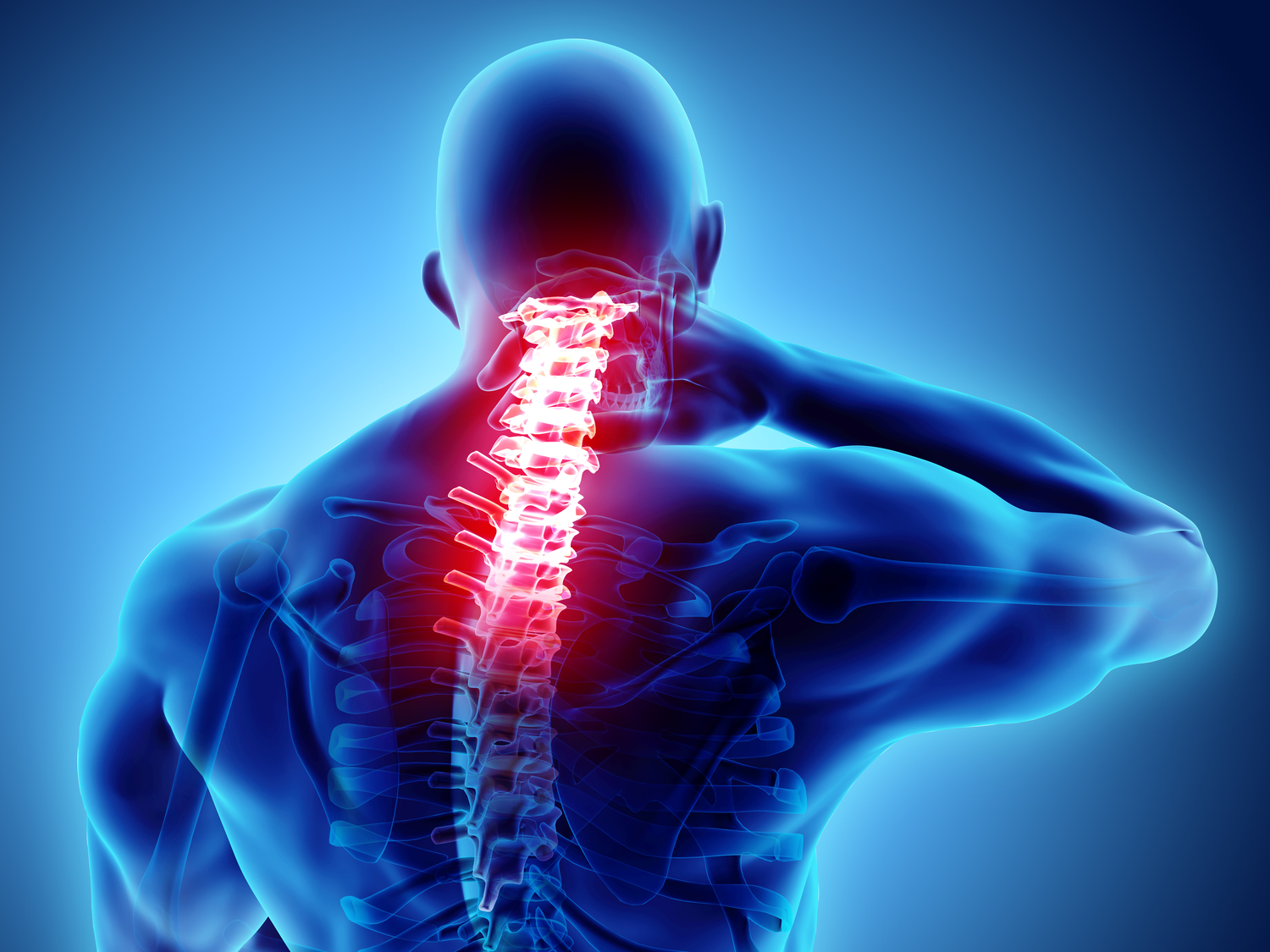Comprehensive Guide to Neck Discomfort and Its Management
This comprehensive guide explores causes, types, and treatments for neck pain, emphasizing the importance of posture and early medical intervention. It provides insights into managing acute and chronic neck discomfort through non-surgical options and lifestyle adjustments, highlighting the significance of proper care for neck health.

Comprehensive Guide to Neck Discomfort and Its Management
Neck discomfort, often termed cervical pain, arises from issues within the cervical spine, a complex structure vital for supporting the head and facilitating movement in multiple directions. Due to its crucial role, neck pain is a common concern among many individuals.
Have you noticed neck ache after staying in the same position for over 4 to 5 hours? Prolonged poor posture can strain neck muscles, leading to discomfort. Your sitting and sleeping habits significantly influence neck health.
Various types of neck pain affect people throughout their lives. Most cases do not require surgery, but more severe instances might. Common causes include herniated discs, muscle strains, or spinal stenosis.
Neck pain is categorized based on severity into acute and chronic forms.
Acute neck pain is often due to sudden muscle strains or ligament injuries, such as those caused by accidents, poor sleeping positions, or heavy lifting. Minor injuries usually heal quickly because neck tissues receive ample blood flow. Non-surgical treatments like applying ice or heat, physical therapy, medications, or chiropractic care help during recovery. Persistent pain lasting over two to three weeks, especially with numbness or arm pain, may require medical evaluation.
Chronic neck pain stems from multiple underlying issues, including:
Radiating pain to the arms: Characterized by numbness or tingling, caused by disc herniation or nerve compression. These cases are generally managed with non-invasive treatments.
Pain caused by posture or activities: Often linked to foraminal stenosis affecting nerve roots, diagnosed via MRI or CT scans.
Common factors contributing to neck pain include:
Trauma: Whiplash from auto accidents causes ligament and muscle injuries, leading to fatigue and stiffness.
Age-related Degeneration: Conditions like osteoarthritis or degenerative disc disease affect older adults.
Lifestyle Factors: Poor posture, obesity, weak core muscles, stress, and tension can lead to muscle tightening and discomfort.
Health Conditions: Infections, tumors, spinal fractures, or injuries from head trauma require prompt medical attention.










